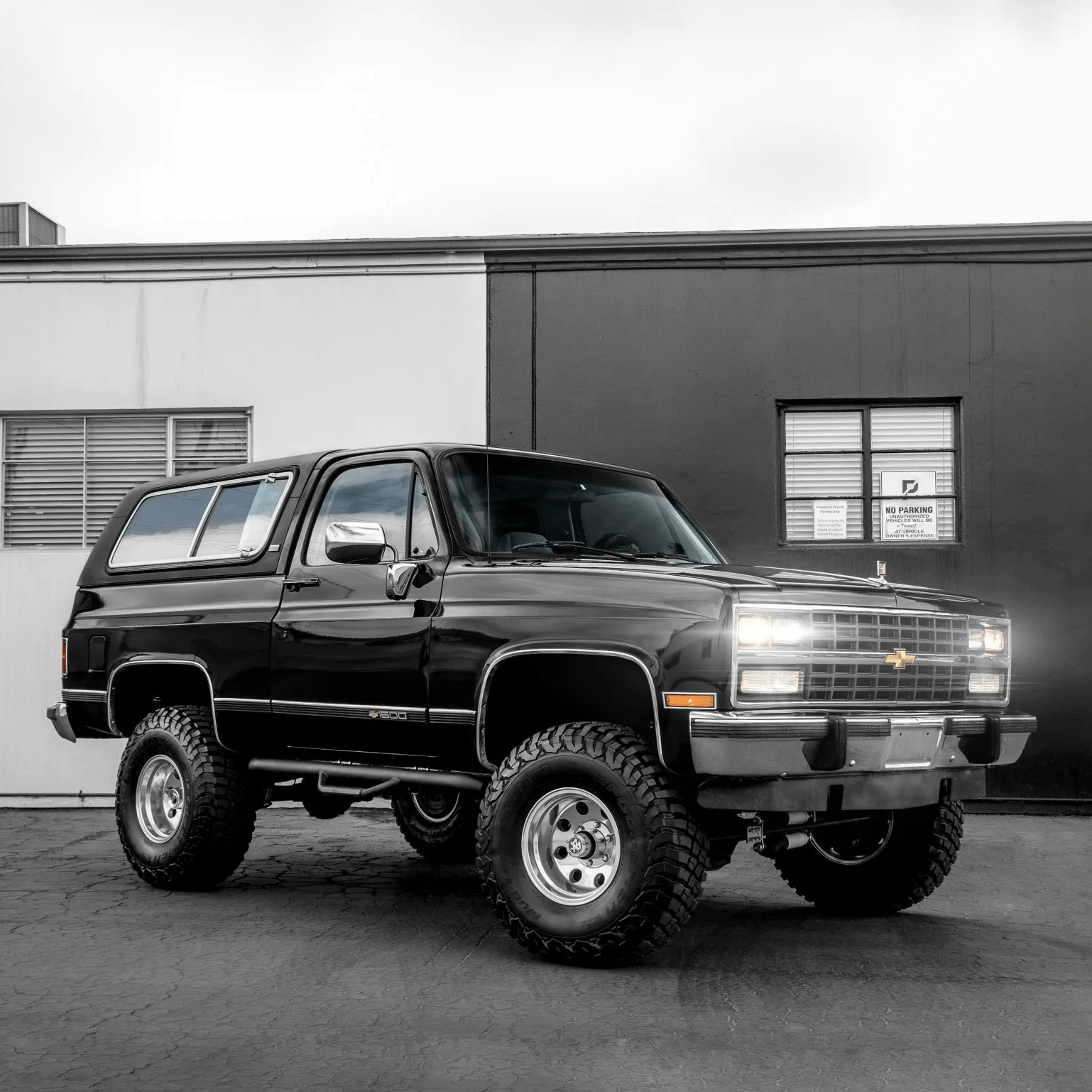Does Your Car Feel Like Its Tires are Slipping? Here are Some Probable Causes
This is a subtitle for your new post

Sometimes your car may feel like its tires are slipping. While this problem might seem minor at first, it can get worse over time, jeopardizing your safety. Have a professional check your car before things go from bad to worse.
Here are some reasons why car tires slip.
Excessive Treadwear
If your tires are slipping, one of the first things to check is the tread. Tire treads provide tires with traction, which is fundamental to safe driving. Low-tread tires can’t grip the road properly, creating unsafe driving conditions.
Worn tires can cause your wheels to slip in wet and dry driving conditions. Your wheels can even slip when you attempt to accelerate. Worn tires can also affect your car’s fuel efficiency and you may have to make frequent stops at the gas station.
To check tire tread depth, insert a penny into your tire’s tread groove with Lincoln’s head facing you. If you can see the top of Lincoln’s head, your tread is no longer deep enough and the tire needs to be replaced.
Wrong Tires
If your tires aren’t meant for your type of car, they may slip even if they have tread and you maintain proper tire pressure. Before you buy tires for your car, understand tire basics. Refer to your user manual to know the size and type of tire recommended by the manufacturer.
Look for a tire that can support the weight of your car. To determine how fast the tires you are purchasing will wear, check their Uniform Tire Quality Grading or UTQG, a set of standards devised by the U.S. Department of transportation that measures a tire’s traction, treadwear and temperature resistance.
Many car owners buy plus-size tires. Before buying oversized tires, make sure they are approved for use on your car. The replacement tires should have the same load-carrying capacity. The new combined wheel and tire combination should not be less than or exceed three percent the original diameter.
You Frequently Drive Around on Overinflated Tires
Overinflating your tires can reduce the area where the rubber meets the road (known as the contact patch). When the contact patch becomes smaller, traction decreases, affecting your car’s handling and performance.
If you pay attention to the markings on the side of a tire, you will find the max PSI followed by a number. This is the maximum PSI for your tire, not the recommended pressure. Inflating tires to their max pressure will leave them overinflated.
You will find the manufacturer’s recommended tire pressure in your owner’s manual. Maintaining proper tire pressure will prevent uneven tire wear, making tires last longer.
Grand Prix Performance is one of the most trusted tire shops in Orange County. We are also your go-to team for car repairs and maintenance. We have the experience and expertise to create a customized solution focused on meeting your unique needs. To learn more, call 949-645-7022.